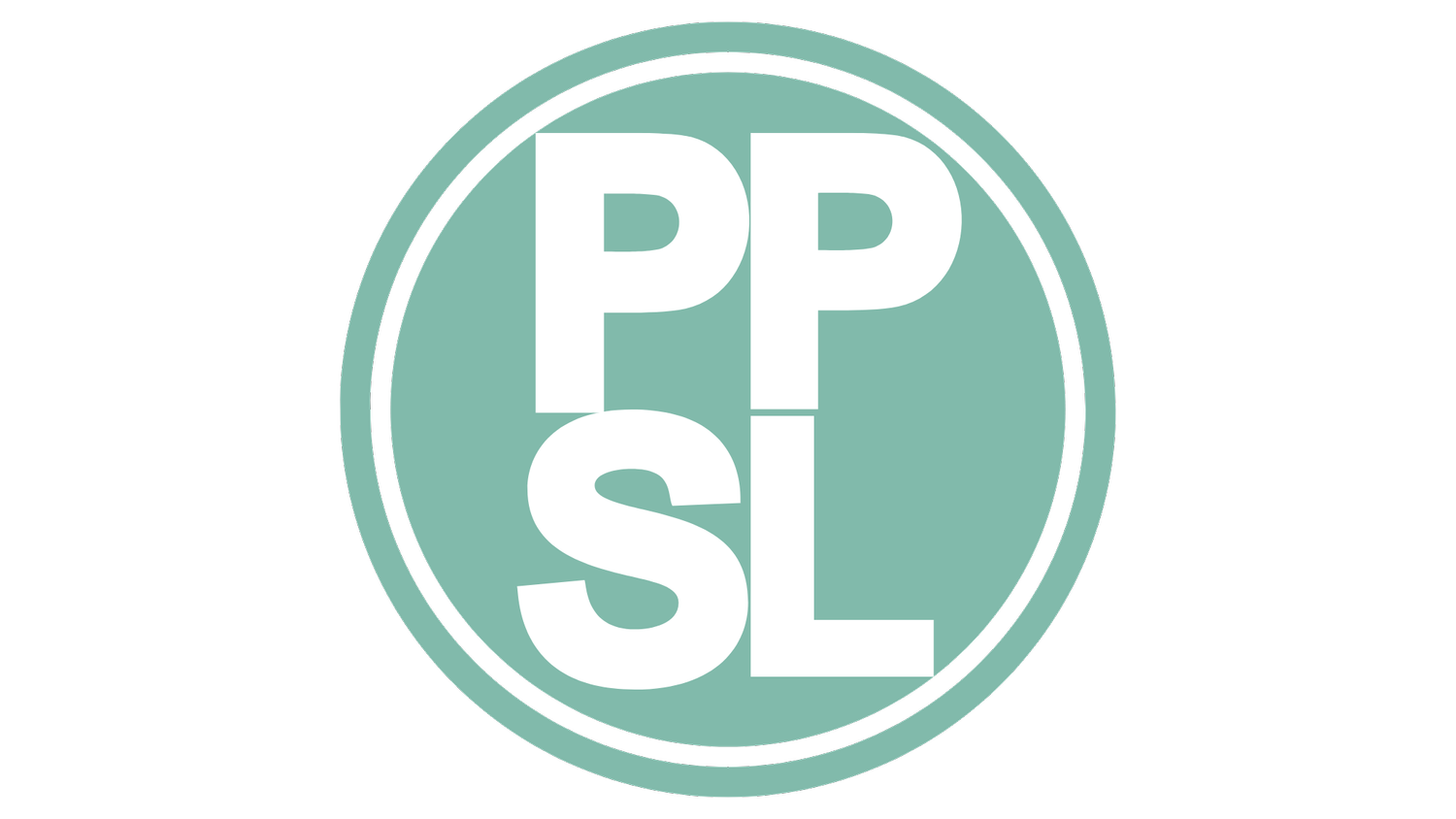Student Borrowers Blast Department of Education for "Bungled” Implementation of Borrower Defense Settlement
Latest brief details how ED did not perform any oversight of student loan servicers and failed to monitor compliance in $6 billion settlement
BOSTON – Student borrowers in the class action lawsuit Sweet v. Cardona filed a new brief detailing how the Department of Education has failed in its obligation to comply with the $6 billion borrower defense settlement.
The brief details extensive failures, including how the Department did not perform oversight of student loan servicers, did not pay attention to its own data, and failed to monitor compliance. It states that the Department has offered only “easily avoidable errors, self-inflicted obstacles, meager excuses, and decisions that could most charitably be described as grossly negligent.”
The Department had a year to deliver settlement relief to 196,000 borrowers who are entitled to discharges, refunds, and credit repair under the settlement, yet tens of thousands of borrowers still had not received their settlement relief by the deadline of January 28, 2024. These latest details come after borrowers filed a motion to enforce the settlement on March 19, 2024.
“The Department of Education is not above the law, and this total lack of accountability by the Biden-Harris administration is not only unacceptable, it’s illegal. Compliance with a legally binding settlement is not optional and the administration needs to get its act together and fix these easily avoidable errors,” said Eileen Connor, President and Executive Director of the Project on Predatory Student Lending. “This case started because of the government’s failure to protect students from predatory actors and its subsequent failure to recognize their legitimate right to loan cancellation. To continue to treat settlement relief with such a cavalier disregard for the impact this has on borrowers is unconscionable and we are asking the court to stop the excuses and force the Department to fulfill its obligations."
The Department of Education has acknowledged that it breached the settlement agreement, but has failed to provide accurate updates and asked to extend its deadline to September 2024 to complete most, but not all, loan discharges for affected class members. Many class members filed their borrower defense applications as early as 2015 and have been waiting nearly ten years for the relief they are owed. Borrowers are asking the court to set a faster deadline and for all settlement relief to be included.
The Department’s missing the court-ordered deadline has caused hardship above and beyond what class members have already experienced.
The Department’s completely avoidable delays have a significant impact on borrowers:
“I am waiting for this to be removed from my credit report so I can move forward with purchasing a home. I am forced to rent at a higher amount due to this continued reporting. It’s costly and impacts my family significantly” — Amy Sewell, NH, Argosy University
“I'm very disappointed in the way the DOE and EdFinancial have handled this settlement. It's been so frustrating not knowing what I should be doing and disheartening watching the interest I worked so hard to pay down continue to climb again. I know I'm entitled to this discharge but it really scares me that they'll drag their feet for so long it'll never happen and I'll end up right back where I started because of this interest.” — Julie Sams, OH, Art Institute
“MOHELA is still trying to collect payment on this loan and has removed me from forbearance three different times since I was notified of the discharge via Sweet v Cardona. This constant battle to keep this student loan disaster from damaging my credit rating is exhausting, and stressful. This is an approved borrower's defense discharge and needs to be discharged as soon as possible.” — Kat Bowers, IL, University of Phoenix
“I was denied a home loan in February 2024 because of this on my credit report and had to have a co-signer for my car loan. I am being denied improvements to my life.” — Laney Twehous, AR
This entire experience has been a complete nightmare. I'll never forget how I was told that my credits would transfer and I would receive a job upon graduation. When graduation came there was no job and the devastation sunk in when I tried to transfer credits and nothing was accepted.... anywhere. Now here I am 22 years later with this massive loan and I'm about to start paying for my daughters' school. Somehow I still received emails from Navient trying to convince me to refinance my loans. How can this be legal? My wife and I are in a constant state of anxiety over these loans. — Jorge Macias, TX
For more details on the settlement, visit the FAQ on our website.
The borrowers are represented by the Project on Predatory Student Lending (PPSL) and Housing and Economic Rights Advocates (HERA).
About the Project on Predatory Student Lending
The Project on Predatory Student Lending (PPSL) is the leading legal organization representing student borrowers against predatory for-profit colleges and the policies that enable institutions to exploit and cheat students. PPSL uses bold, strategic litigation and advocacy to demand accountability in the higher education space and influence policy solutions to create a more just and affordable education system. PPSL represents more than one million student borrowers and its work has resulted in cancellation of more than $16 billion of fraudulent student loan debt.
About HERA
Housing and Economic Rights Advocates (HERA) is a California statewide, not-for-profit legal service and advocacy organization dedicated to helping Californians — particularly those most vulnerable — build a safe, sound financial future, free of discrimination and economic abuses, in all aspects of household financial concerns. It provides free legal services, consumer workshops, training for professionals and community organizing support, creates innovative solutions and engages in policy work locally, statewide and nationally.
###
